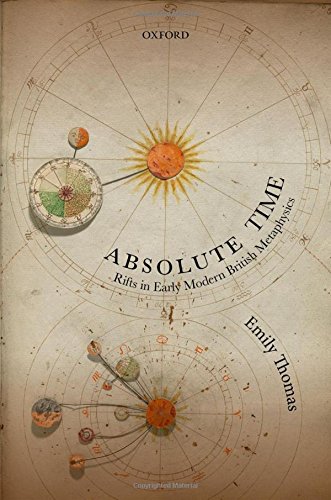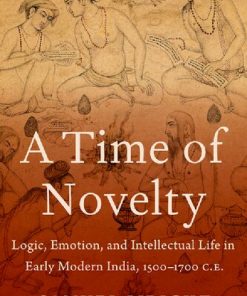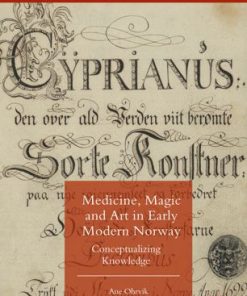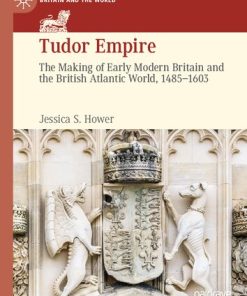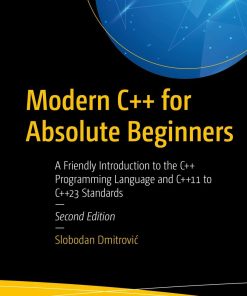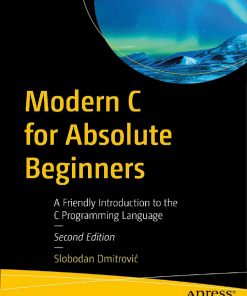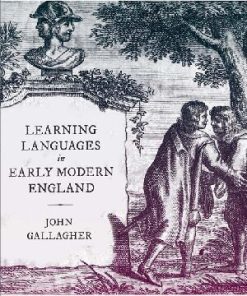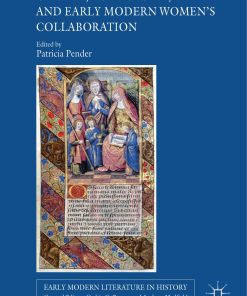Absolute Time: Rifts in Early Modern British Metaphysics Emily Thomas
$50.00 Original price was: $50.00.$25.00Current price is: $25.00.
Absolute Time: Rifts in Early Modern British Metaphysics – Ebook Instant Download/Delivery ISBN(s): 9780198807933,0198807937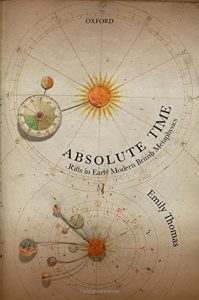
Product details:
ISBN-10: 0192535293
ISBN-13: 9780192535290
Author: Emily Thomas
What is time? This is one of the most fundamental questions we can ask. Traditionally, the answer was that time is a product of the human mind, or of the motion of celestial bodies. In the mid-seventeenth century, a new kind of answer emerged: time or eternal duration is ‘absolute’, in the sense that it is independent of human minds and material bodies. Emily Thomas explores the development of absolute time or eternal duration during one of Britain’s richest and most creative metaphysical periods, from the 1640s to the 1730s. She introduces an interconnected set of main characters – Henry More, Walter Charleton, Isaac Barrow, Isaac Newton, John Locke, Samuel Clarke, and John Jackson – alongside a large and varied supporting cast, whose metaphysical views are all read in their historical context and given a place in the seventeenth- and eighteenth-century development of thought about time.
Table of contents:
1. Scene Setting: Time, Philosophy, and Seventeenth-Century Britain
2. Henry More and the Development of Absolute Time
3. A Continental Interlude: Time in van Helmont, Gassendi, and Charleton
4. Space and Time in Isaac Barrow: A Modal Relationist Metaphysic
5. Early British Reactions to Absolutism_ 1664 to 1687
6. Newton’s De Gravitatione on God and his Emanative Effects
7. Locke as a Steadfast Relationist about Time and Space
8. Later British Reactions to Absolutism_ 1690–1704
9. Samuel Clarke’s Evolving Morean Absolutism
10. Last Battles over Absolutism_ 1704 Onwards
People also search:
time and distance are not absolute meaning
time and space are not absolute
are your rights absolute at all times
space and time are considered to be absolute in
which pro tools timescales are absolute
is time absolute
You may also like…
Politics & Philosophy - Anthropology
Politics & Philosophy - Anthropology
Fiction - Literary Fiction
In Lieu of You: A British Time Travel Adventure Keith A Pearson
Computers - Programming
Computers - Programming
Politics & Philosophy - Anthropology
The Actual and the Possible: Modality and Metaphysics in Modern Philosophy 1st Edition


